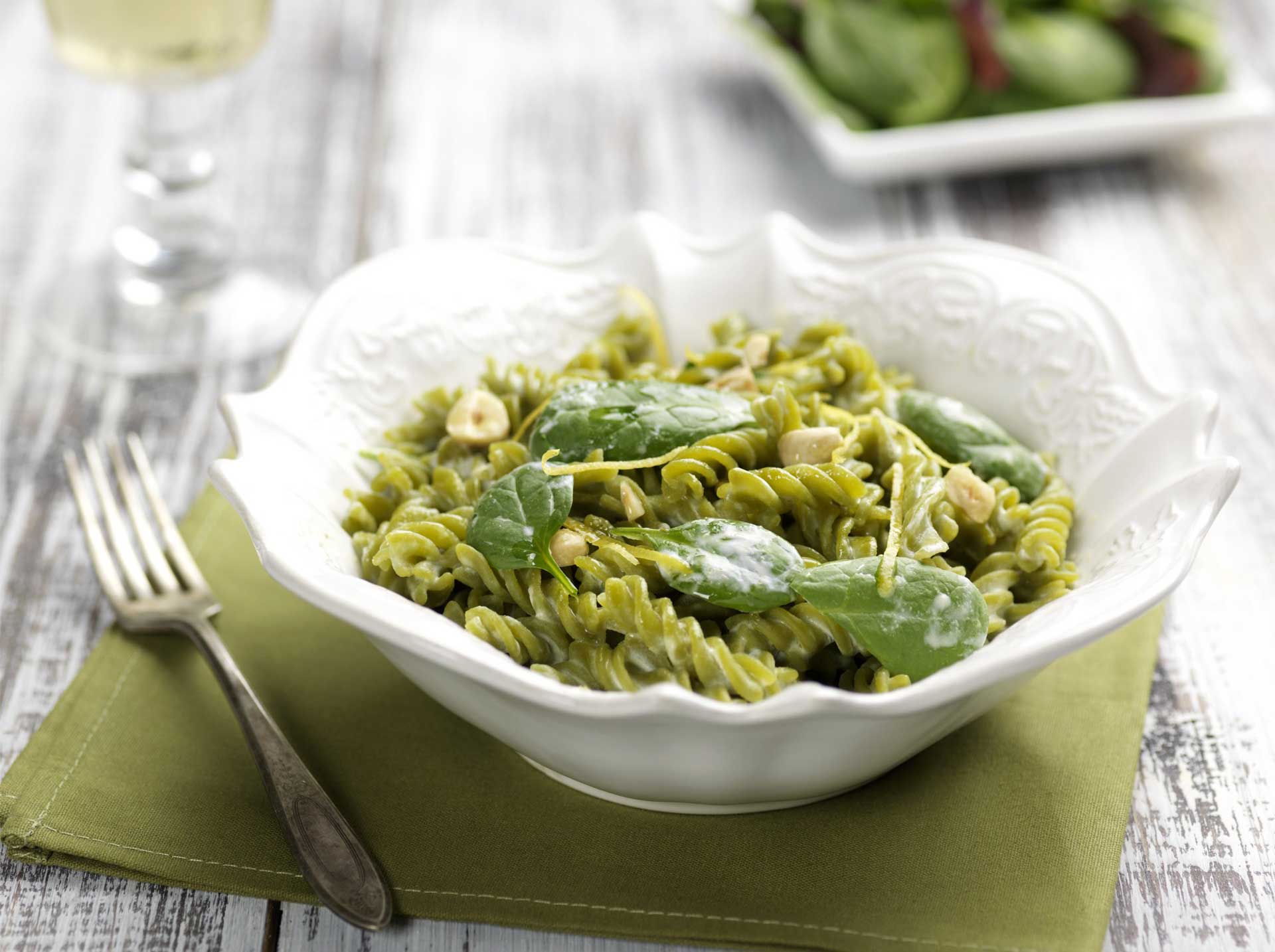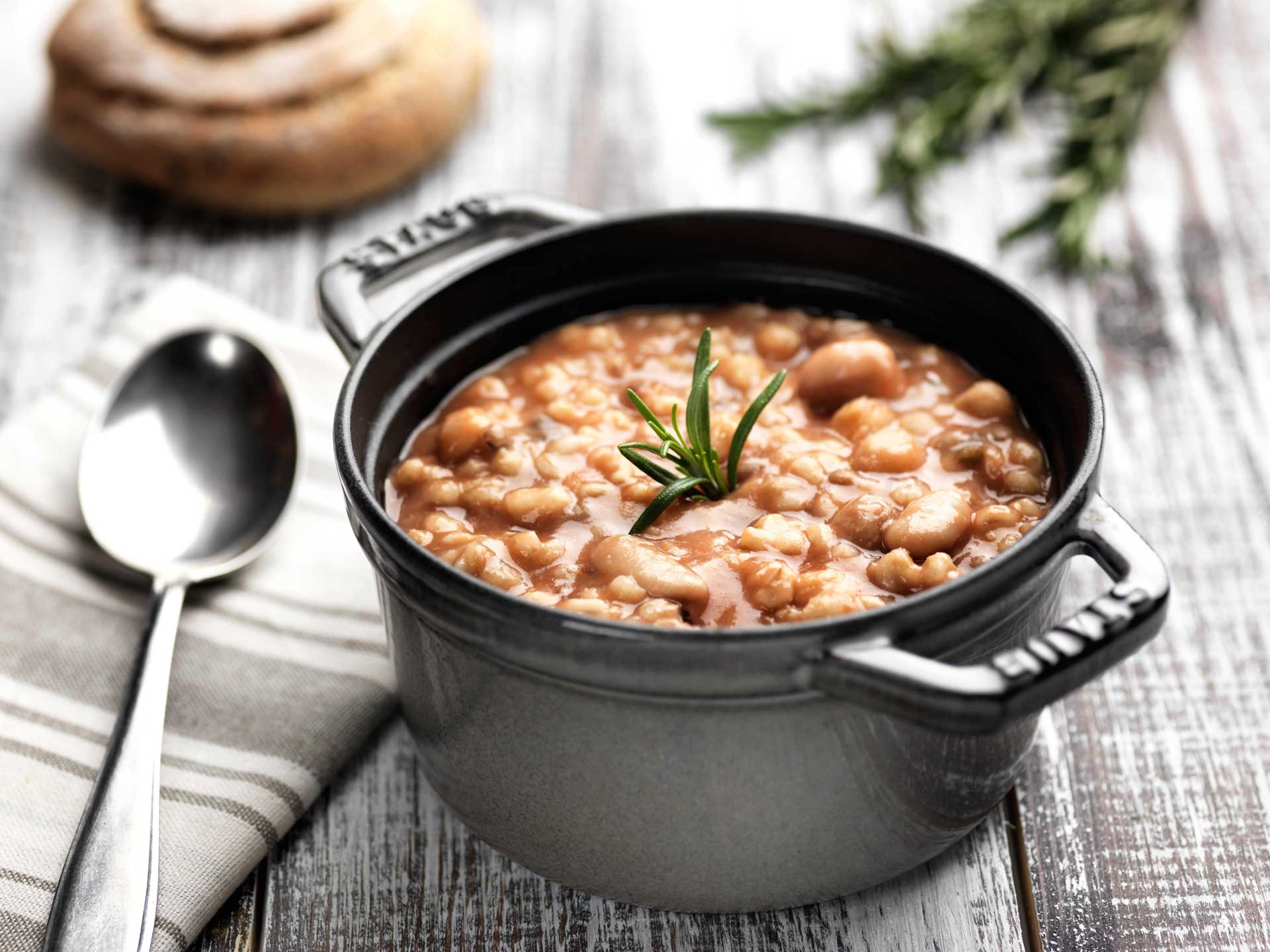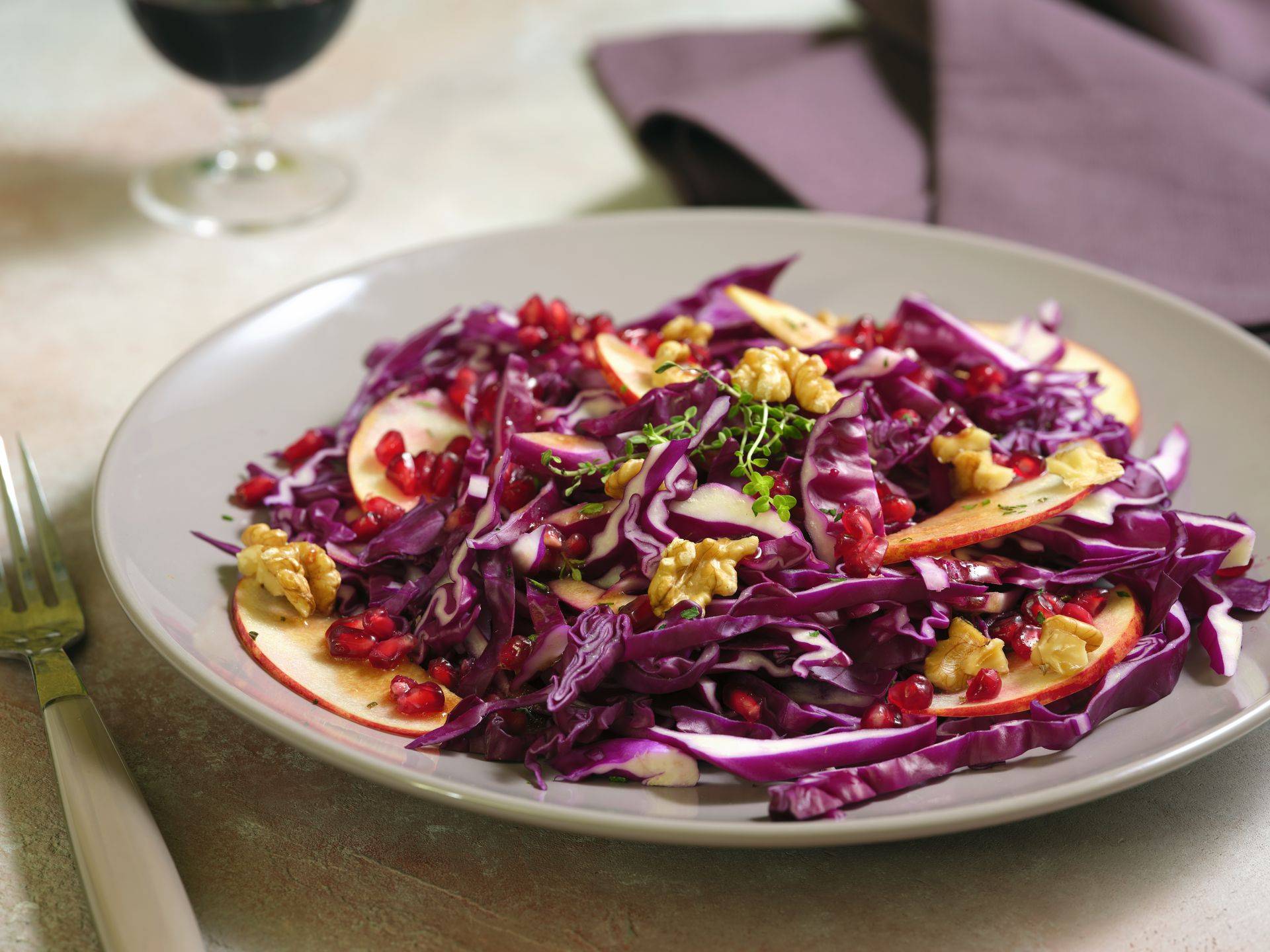.png)
Diet and Most Common Mistakes
January and February are the months when we begin to assess our physical shape, after the excesses of the holiday season and the characteristic laziness of the winter months.
Raise your hand if you haven't tried this month to clean up your diet and reduce calorie intake to shed some extra pounds accumulated during the holiday season!
January and February are the months when we begin to assess our physical shape, after the excesses of the holiday season and the characteristic laziness of the winter months. Reducing overly calorie-rich foods, sugars, and sweets, eliminating alcohol are certainly great ways to try to achieve the goal, but be careful not to make mistakes that could backfire.
Statements like "I'll start dieting tomorrow, in the meantime, I'll eat" or "it's pointless to lose weight, I'll just gain it back" are how common in your daily life?
Let's try to transform these beliefs into more constructive and helpful action modes: "I am certain that I will lose weight if I can maintain control," but also "I allow myself the necessary time to change eating habits and correct mistakes, without haste, but remaining focused on the goal."
Here's a list of the most common mistakes that can be avoided with some small precautions:
"I skip meals so I can lose weight faster."
This way, you'll lose control, and at the next meal, you'll eat twice as much.
Try modifying it like this:
Split meals and eat in an orderly manner.
Eat in response to hunger, stop eating when you feel full.
I recommend 3 meals a day plus 1-2 snacks -> satiety, meaning no desire for food, is perceived after a while of starting the meal; for this reason, eat slowly, taking small breaks.
"I cut out pasta, bread, and all carbohydrates."
Carbohydrates represent a necessary source of calories and are no more caloric than proteins. In fact, proteins provide our body with an average of 4 Kcal per gram, just like carbohydrates [1 g proteins = 4.4 Kcal; 1 g carbs = 4.1 kcal]
So, try to regulate yourself like this:
Include whole grains and/or legumes with plenty of vegetables daily, which will give you a sense of satiety and regular bowel movements.
Reduce sugars and sweets in general (including sweet snacks).
Eliminate carbonated and sugary drinks.
Avoid potatoes or only indulge in them occasionally.
If you love bread so much (too much?!), and can't limit yourself, you can replace it with crackers or toast (preferably whole grain), keeping in mind that the latter are more caloric. In particular, 50g of fresh bread corresponds to about 30g of toast or crackers (but also breadsticks, wafers, etc.).
"I cut out oil because it's too caloric."
Extra virgin olive oil is the best seasoning for a healthy and balanced diet. It should never (ever!) be eliminated or excessively reduced. It contains essential nutrients for our well-being.
Instead, drastically reduce the most harmful animal fats:
fatty cold cuts, cheeses, and dairy products
bacon, lard, and fatty meats
mayonnaise, fatty sauces
"To lose weight, I have to give up everything, especially my favorite foods."
Here are less stressful alternatives:
Start by establishing a balanced eating day that satisfies you, and if you can't do it alone, seek the help of a specialist.
Do not eliminate any food group.
Get used to having a more active lifestyle, which allows you to consume a little more (especially the indispensable dietary indulgences).
Get into the idea of balancing your daily energy intake, bearing in mind that it's not just a matter of calorie counting and quantity but also quality (and thus, a lot depends on how you eat).
And now it's your turn: tell us what your most frequent mistake is when you decide to "go on a diet"?
D.ssa Concetta Mauriello






